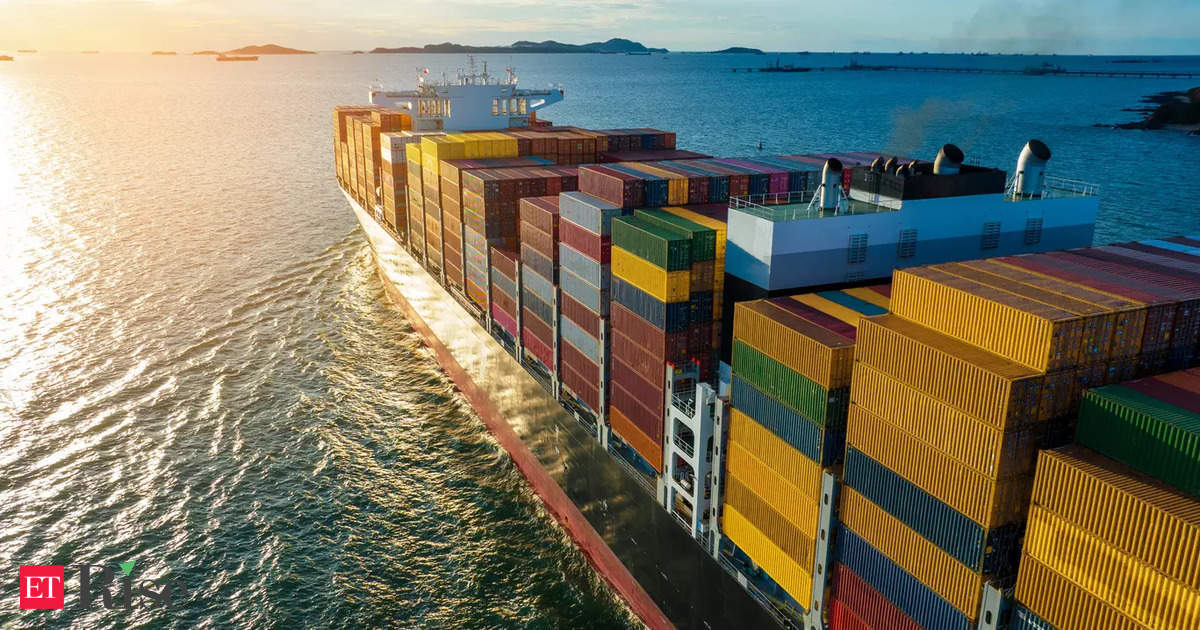Ships sailing in European waters will soon face substantial emissions bills as new regulations come into effect. The European Union (EU) is taking a proactive stance to combat air pollution and promote sustainability in the shipping industry. These regulations aim to reduce greenhouse gas emissions and encourage ship operators to adopt cleaner technologies. With emissions being a major contributor to air pollution, this move by the EU is significant in its efforts to protect the environment and improve air quality. By imposing these bills, the EU hopes to incentivize the shipping sector towards becoming more environmentally friendly.
The shipping industry is responsible for a significant amount of global emissions, particularly of sulfur and greenhouse gases. Ships use heavy fuel oil, which emits harmful pollutants into the air. These emissions have adverse effects on climate change, human health, and marine ecosystems. In response, the EU has taken the initiative to tighten regulations and put a price on emissions.
Starting in January 2023, the EU will implement a new emissions trading system (ETS) for maritime shipping. This system will require ships calling at European Union ports, regardless of whether they are registered in the EU or not, to purchase carbon allowances. The cost of these allowances will be based on the amount of carbon dioxide emitted during the voyage.
The aim of the ETS is to reduce greenhouse gas emissions from ships by making it financially disadvantageous to pollute. Shipowners and operators will be required to pay for each ton of carbon dioxide emitted. The price of these emissions allowances is expected to be significant, making it a significant incentive for ship operators to invest in cleaner technologies.
The new regulations will particularly impact ships that rely on fossil fuels and emit high levels of pollutants. Vessels using cleaner fuels or adopting technologies to reduce emissions will face lower costs. This move by the EU aligns with its commitment to becoming carbon-neutral by 2050 and achieving significant reductions in greenhouse gas emissions by 2030.
While the new regulations may present a financial burden for ship operators, they also present an opportunity for innovation and transitioning to more sustainable practices. The shipping industry will need to explore alternative fuels such as liquefied natural gas (LNG) and invest in technologies like scrubbers and exhaust gas cleaning systems. These measures can help reduce emissions and mitigate the financial impact of the new regulations.
The European Union’s focus on reducing emissions from ships sets a valuable precedent for other regions. It sends a clear message that environmental sustainability is a priority and that the shipping industry must play its part in combating climate change. Other countries and regions may follow suit in implementing similar regulations to curb emissions and incentivize greener practices in the maritime sector.
In conclusion, ships navigating European waters will soon face significant emissions bills as the EU introduces new regulations to reduce air pollution and promote sustainability. These measures aim to encourage ship operators to invest in cleaner technologies and adopt greener practices. While the regulations pose financial challenges, they also present an opportunity for the shipping industry to transition to more sustainable practices and reduce its environmental impact. The EU’s initiative can serve as an example for other regions to follow, leading to a more environmentally conscious and responsible global shipping industry.










